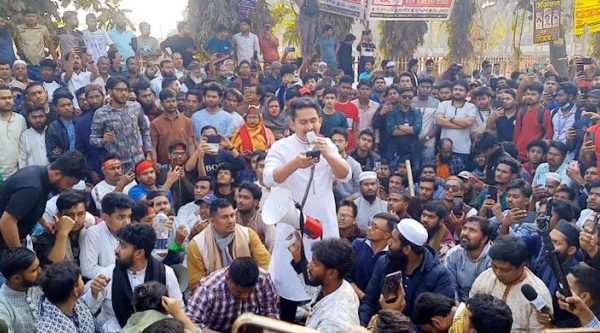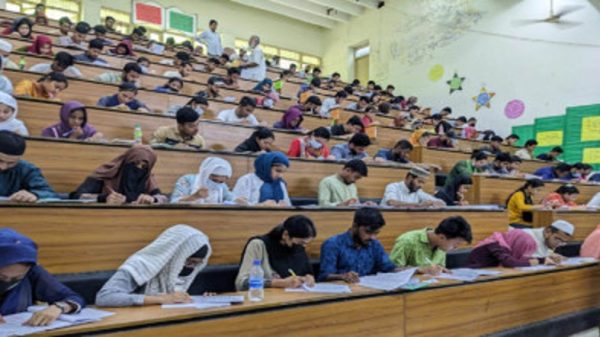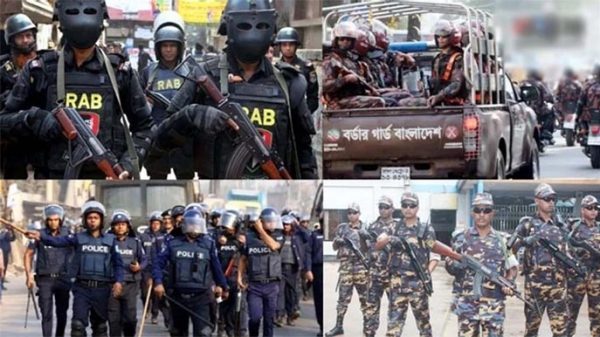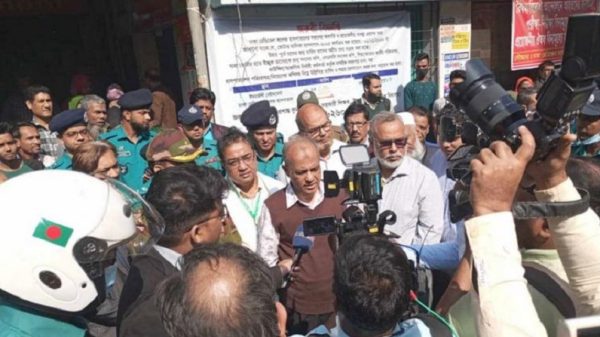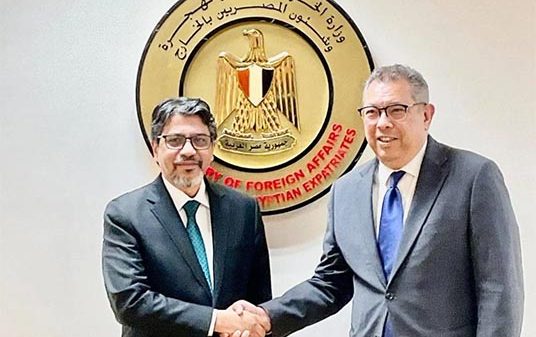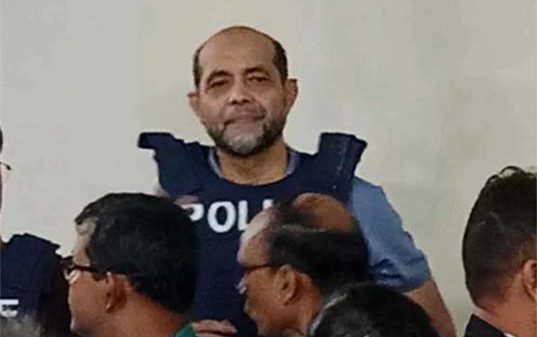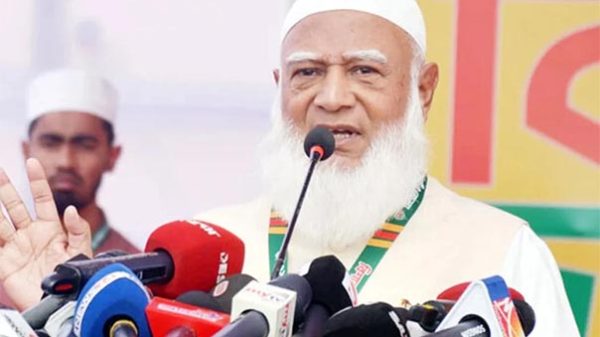COP28: SAJIDA Foundation organises discussion on fostering mental health resilience in climate-affected communities

- Update Time : Monday, 11 December, 2023, 01:14 pm
- 93 Time View
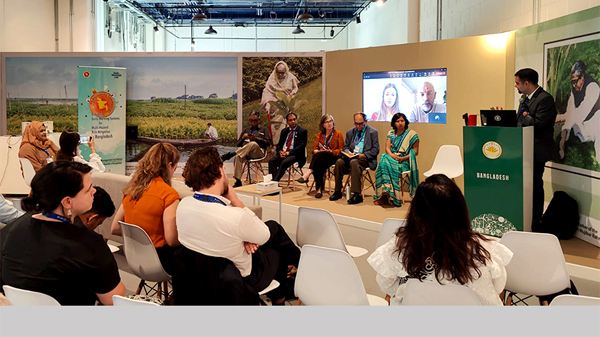
Online Desk: SAJIDA Foundation organised a discussion session titled ‘Fostering Resilience: The Path to Bottom-Up Mental Health Support in Climate-Affected Communities’ at the Bangladesh Pavilion of COP28 in Dubai.
The background of the session stems from the fact that, as the seventh most climate-vulnerable country in the world, Bangladesh experiences an alarming impact on mental health due to factors such as extreme heat, humidity, and frequent climate change-induced events. The repercussions of rapid, widespread climate events encompass anxiety, post-traumatic stress disorder (PTSD), elevated suicide rates, reduced well-being (stress, sadness), ecological grief, increased domestic violence, cultural erosion, and weakened social bonds.
Speakers at the session touched on these issues and how they could pose significant risks for climate-vulnerable countries like Bangladesh in the coming years.
Wameq A. Raza, senior health specialist, World Bank, said that mental health (MH) should be the focus of climate change actions.
“Nationally, 16% of the country is depressed, and 6.0% experience generalised anxiety, which is higher than the global average of 4.4%. We cannot have one national representative survey as Bangladesh needs more attention on these issues,” he said.
Dr. Ainun Nishat, professor emeritus, Centre for Climate Change and Environmental Research (C3ER), BRAC University, spoke about two effective strategies on loss and damage that can be brought over to the health space and be used in the analogy of MH as well.
He said that the people who are involved in the rescue operations or work voluntarily with the community can, besides providing relief or supporting the community, also be trained to provide mental support for trauma.
Dr. Samiya Ahmed Selim, advisor, Climate Change Programme (CCP), SAJIDA Foundation, said, “Gathering the knowledge and resources is very important for us. So we have been working with our international partners to get the evidence to best develop the tools for bottom-up MH support. Also, we should be focusing on the non-economic loss and damage of MH. MH well-being and migration effects are not easy to quantify. We are trying to quantify the effects from our data mining programme, but we want to collaborate with others in this space on how we can further develop tools, help design.”
Tajwar Hoque, director-development programmes, SAJIDA Foundation, who also moderated the session, said, “When it comes to climate issues such as extreme heat conditions, degraded air quality and its effects, I am sure that the local partners in Bangladesh like World Bank and implementing organisations like SAJIDA can help gather evidence. We have to respond systematically and we should be strengthening approach in nature where we try to complement the existing systems that are present and try to retrofit them with our technologies, our studies and our interventions.”
Sanjay Kumar Bhowmik, first secretary of the Bangladesh Ministry of environment, Forest and Climate Change, recommended, “During a disaster, we should focus on women, children and the disadvantaged and we should include them in our policies. Volunteers who rescue the community people should treat them with equal respect. Under the ongoing Mujib Climate Prosperity Plan, we are trying to find ways about how we can improve our working conditions for survival and how we can improve what we place on our families.”
The other speakers at the session included Kyra Lilier, research assistant, Heidelberg Institute for Global Health; Dr. Valéry Ridde, director of research (Senior Research Fellow), Centre Population et Développement (CEPED) and Dr. Madeleine Thomson, head of impacts and adaptation, Climate and Health Team of Wellcome Trust.
At COP28, the SAJIDA team is sharing case studies and learning from their interventions in the form of multi-tiered community-based mental health services and technology-driven physical health services.

